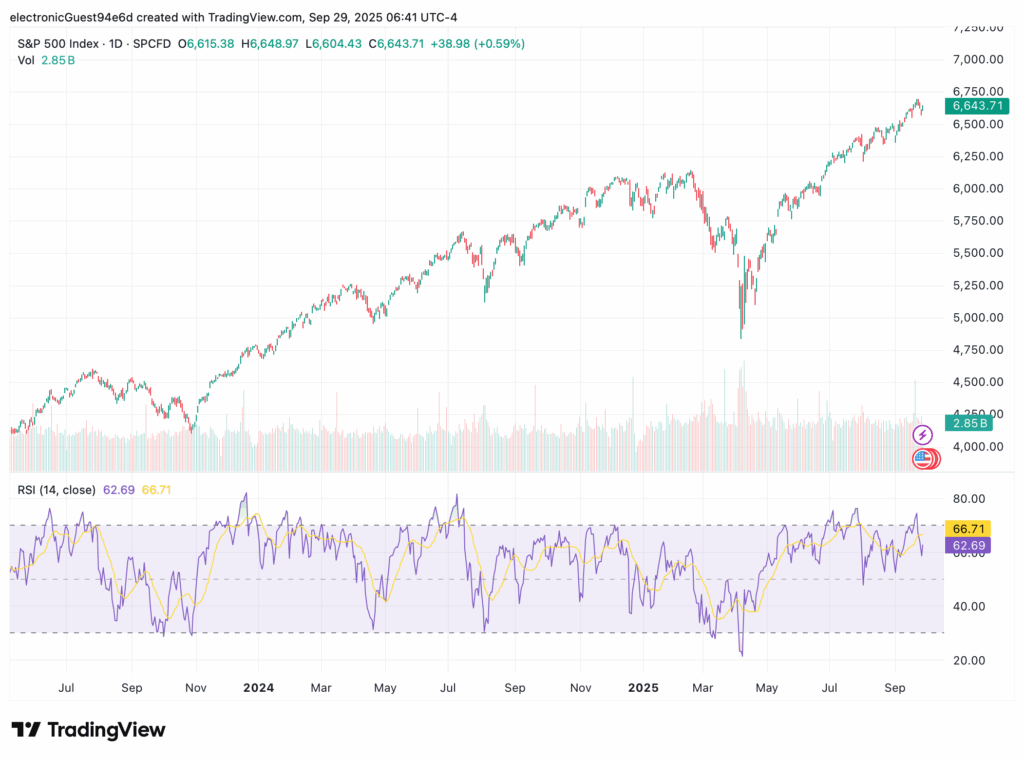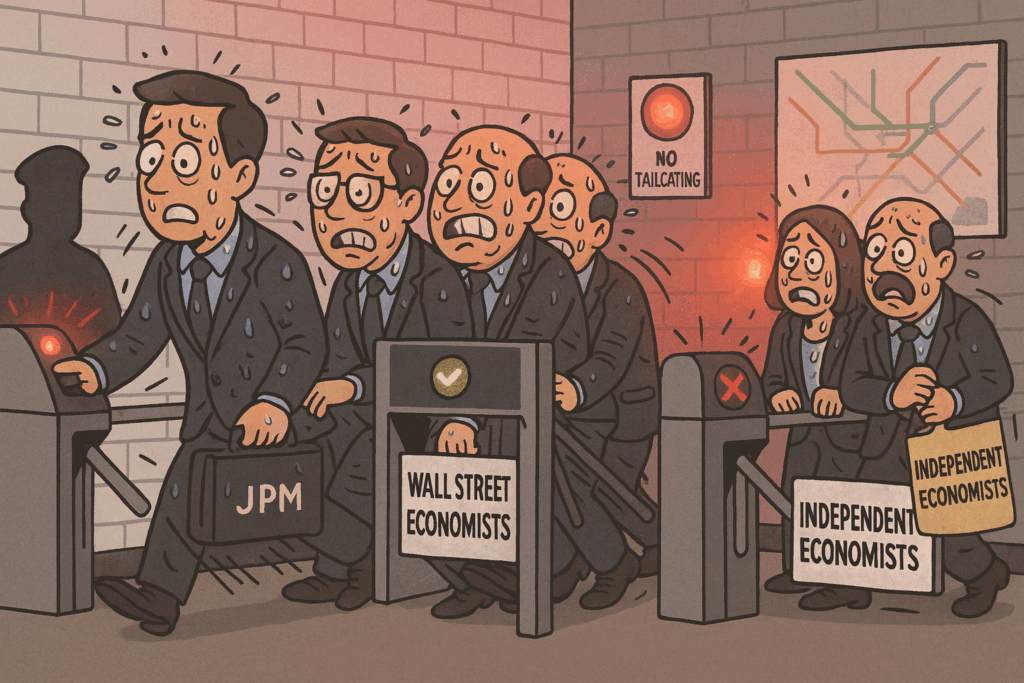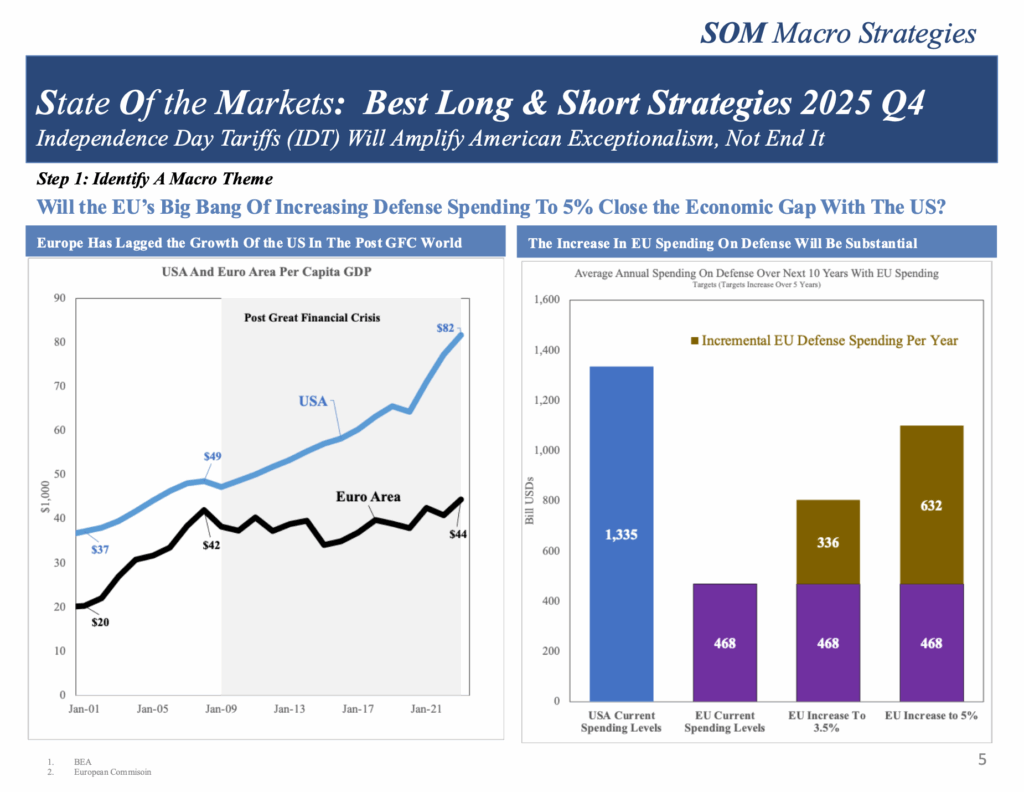Her speech centred on the structural changes ahead for Europe which she divides into 2 categories: ‘Good ones' and ‘bad ones'. As an optimist she likes to focus on the positives:
- Only 10% of those surveyed have an urge to go back to the office. A new form of more flexible work will emerge.
- Growth in E-commerce as a business activity.
- Rapid growth in digital payments. ECB is seriously considering a Digital Euro.
- A trend in services driven globalization.
- Of multinationals surveyed:
- 60% have adopted new technologies to increase productivity.
- 40% impacted by supply chain shocks and had to make adjustments.
- Only 15% have near-shored or onshore their supply chains. i.e. Global supply chains remain intact.
- The link between Covid-19 mortalities and air quality will drive faster the publics demand of Green investments and policies.
Ms Lagard is worried about policy cliff effects as government sponsored Covid-19 emergency measures come to an end.
To help European economies best manage these shifts she identifies 3 policy areas as critical:
- Regulatory. A framework more supportive of startups and be more burdensome on incumbents.
- Investment. EU funds created to support technology startups for Europe to catch up (the US).
- Education and training to help adapt to the post-Covid-19 challenges and labor market in order to stem the rising inequalities.
Lagard is self proclaimed as ‘early to the rise in digital currencies'. However, she was lacking in details of the longer term impact of digital currencies to the economy. She drew some reference how this may impact the intermediaries (banks).
Speevr Intelligence
The Speevr Intelligence daily updates provide in-depth alternative perspectives on key themes and narratives driving financial markets. Our unique collection brings Speevr's exclusive content together with partners' research and analysis.







